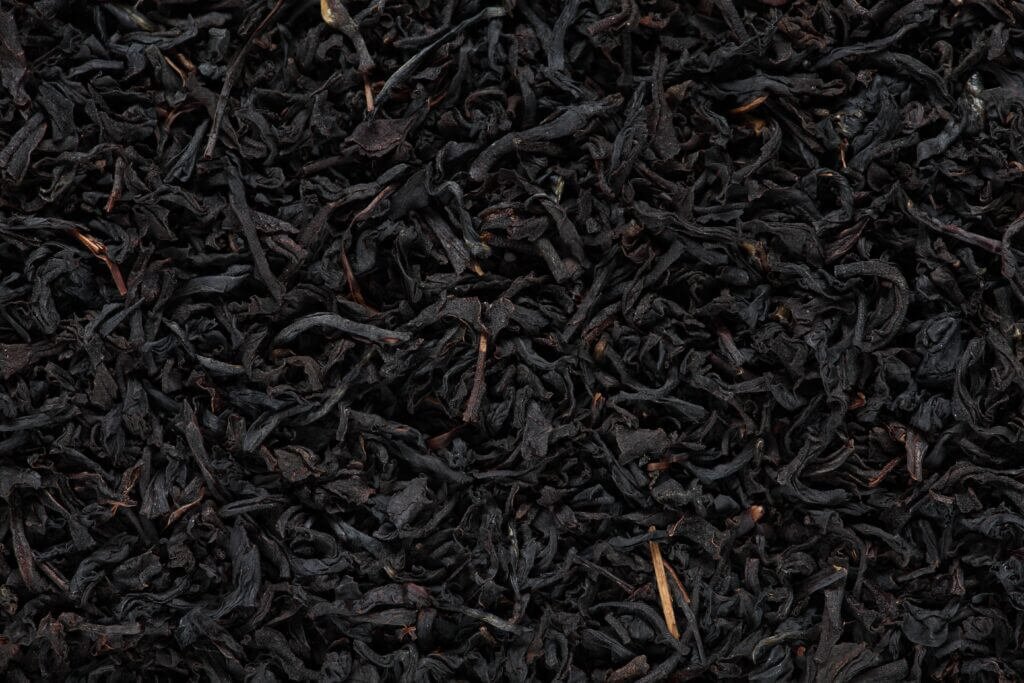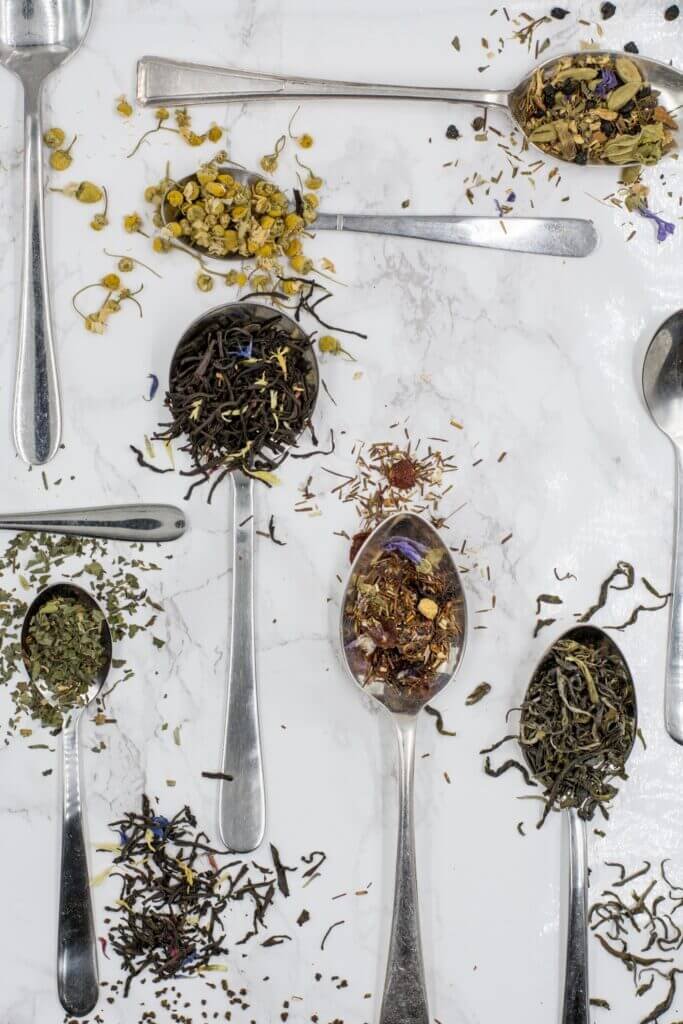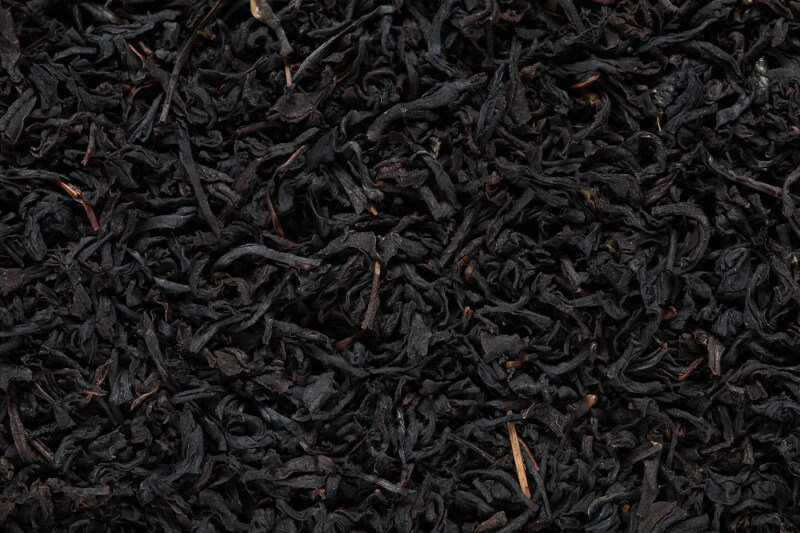Specialty tea has gained popularity in recent years, with its unique flavors and health benefits attracting tea enthusiasts worldwide. One key element that sets specialty tea apart from traditional tea is its richness in antioxidants. These powerful compounds play a significant role in promoting overall health and well-being. In this article, we will explore the importance of antioxidants in specialty tea and their potential impact on our bodies. So, grab a cup of your favorite blend and prepare to discover the fascinating world of antioxidants in specialty tea!

What Are Antioxidants
Definition
Antioxidants are compounds that help protect our bodies against free radicals, which are highly reactive molecules that can cause damage to our cells and DNA. They work by neutralizing these harmful free radicals, preventing them from causing oxidative stress and potential harm to our health.
Types of Antioxidants
There are various types of antioxidants found in foods and beverages, including specialty tea. Some of the most well-known antioxidants are vitamin C, vitamin E, beta-carotene, and selenium. However, there are also many other lesser-known antioxidants that play a crucial role in supporting our overall health.
The Health Benefits of Antioxidants
Protection Against Free Radicals
One of the primary roles of antioxidants is to protect our bodies against free radicals. These free radicals can be generated by various factors such as exposure to UV radiation, pollution, smoking, and even normal metabolic processes in our bodies. When left unchecked, free radicals can cause oxidative stress, which has been linked to chronic diseases such as heart disease, cancer, and neurodegenerative disorders. By consuming antioxidants through specialty tea and other antioxidant-rich foods, you can help neutralize these free radicals and reduce the risk of oxidative damage.
Reduced Risk of Chronic Diseases
Numerous studies have shown that a diet rich in antioxidants can lower the risk of certain chronic diseases. By combating oxidative stress and reducing inflammation in the body, antioxidants can contribute to the prevention of conditions such as heart disease, certain types of cancer, and age-related macular degeneration. Additionally, antioxidants have been found to support immune function and promote overall well-being.

Understanding Specialty Tea
Definition
Specialty tea refers to high-quality tea that is produced with special attention to detail and expertise. These teas often come from specific regions and are made from select tea leaves that undergo careful processing methods. Specialty teas are known for their unique flavors, aromas, and health benefits.
Types of Specialty Tea
There are several types of specialty tea available, each with its own distinct characteristics and flavor profiles. Some popular varieties include green tea, black tea, oolong tea, white tea, and pu-erh tea. Each type of specialty tea has its own unique set of antioxidants and health-promoting properties.
Antioxidants in Specialty Tea
Presence of Antioxidants in Specialty Tea
All types of specialty tea contain antioxidants, but the specific antioxidants and their concentrations can vary. Specialty tea is made from the leaves of the Camellia sinensis plant, which naturally contains antioxidants such as catechins, theaflavins, and flavonoids. These antioxidants contribute to the overall health benefits of specialty tea.
Variation in Antioxidant Content
The antioxidant content of specialty tea can vary depending on factors such as the tea processing method, growing conditions, and the specific tea cultivar. For example, green tea is known for its high concentration of catechins, while black tea contains theaflavins and thearubigins. Oolong tea, white tea, and pu-erh tea also have their own unique antioxidant profiles, which contribute to their distinct flavors and potential health benefits.

Green Tea: A Rich Source of Antioxidants
Role of Antioxidants in Green Tea
Green tea is revered for its abundant antioxidants, particularly catechins. Catechins are a type of flavonoid that have powerful antioxidant properties. They have been extensively studied for their potential health benefits, including anti-inflammatory effects, improved brain function, weight management, and reduced risk of certain types of cancer. The antioxidants in green tea work synergistically to provide these health-promoting effects.
Specific Antioxidants Found in Green Tea
In addition to catechins, green tea also contains other antioxidants such as epicatechin, epicatechin gallate, epigallocatechin, and epigallocatechin gallate (EGCG). EGCG is one of the most abundant and potent antioxidants found in green tea. It has been shown to have various health benefits, including boosting metabolism, supporting cardiovascular health, and promoting healthy aging.
Black Tea: Antioxidant Content and Benefits
Antioxidant Levels in Black Tea
While black tea undergoes a different processing method compared to green tea, it still retains a significant amount of antioxidants. Black tea contains theaflavins and thearubigins, which are unique antioxidants that are formed during the fermentation process. These antioxidants have been found to have potential health benefits, including antioxidant and anti-inflammatory effects.
Health Benefits of Antioxidants in Black Tea
The antioxidants in black tea have been associated with numerous health benefits. Research suggests that consumption of black tea may help reduce LDL cholesterol levels and improve cardiovascular health. Black tea has also been shown to have potential anticancer properties, with studies indicating that its antioxidant compounds may inhibit the growth of cancer cells. Additionally, black tea antioxidants may contribute to improved gut health and immune function.
Oolong Tea: Unique Antioxidant Profile
Distinct Antioxidants in Oolong Tea
Oolong tea falls between green tea and black tea in terms of oxidation level, resulting in a distinct flavor and antioxidant profile. Oolong tea contains a variety of unique antioxidants, including theaflavins, catechins, and flavonoids. These antioxidants contribute to the overall health benefits and flavor complexity of oolong tea.
Potential Health Effects of Oolong Tea Antioxidants
The antioxidants in oolong tea have been linked to several potential health effects. Oolong tea has been found to aid in weight management by boosting metabolism and promoting fat oxidation. It may also support heart health by improving cholesterol levels and reducing the risk of cardiovascular diseases. Additionally, the antioxidants in oolong tea have been associated with improved brain function and protection against oxidative stress.
White Tea: Delicate Antioxidant Properties
Overview of Antioxidants in White Tea
White tea is the least processed type of tea, resulting in a delicate flavor and distinct antioxidant properties. White tea contains a high concentration of polyphenols, flavonoids, and catechins. These antioxidants work together to provide potential health benefits and contribute to the unique characteristics of white tea.
Gentle Effects of White Tea Antioxidants
The antioxidants in white tea have been found to have gentle and soothing effects on the body. White tea may help promote healthy skin, as its antioxidants have been shown to have anti-aging and skin-protective properties. Additionally, white tea antioxidants may support immune function and provide anti-inflammatory effects. The subtle and gentle nature of white tea antioxidants makes it a popular choice for those seeking a soothing and antioxidant-rich beverage.
Pu-erh Tea: Antioxidant-Rich Fermented Tea
Antioxidant Profile of Pu-erh Tea
Pu-erh tea is a unique type of fermented tea that undergoes aging, resulting in a rich and earthy flavor profile. This fermentation process contributes to the formation of specific antioxidants, including theaflavins and gallic acid. These antioxidants, along with others present in pu-erh tea, provide its distinct health benefits and robust flavor.
Potential Health Benefits of Pu-erh Tea Antioxidants
The antioxidants in pu-erh tea have been associated with various potential health benefits. Pu-erh tea has been found to have cholesterol-lowering effects, helping to reduce LDL cholesterol levels and promote heart health. Additionally, the antioxidants in pu-erh tea may support digestion and weight management. The fermentation process also enhances the bioavailability and antioxidant activity of pu-erh tea, making it a popular choice for those seeking the unique flavors and potential health benefits of this specialty tea.
Herbal Infusions: Antioxidant Benefits
Specific Antioxidants in Herbal Infusions
Herbal infusions, such as chamomile, peppermint, and rooibos, are caffeine-free alternatives to traditional tea that offer their own set of antioxidants. While herbal infusions are not made from the Camellia sinensis plant, they still contain polyphenols and other antioxidants that can contribute to overall health.
Potential Health Benefits of Herbal Infusion Antioxidants
The antioxidants in herbal infusions have been associated with various potential health benefits. Chamomile, for example, has been traditionally used for its calming and soothing effects on the body. Peppermint has been found to have potential digestive benefits and may help relieve symptoms of gastrointestinal distress. Rooibos, on the other hand, is rich in antioxidants such as aspalathin and quercetin, which have been linked to numerous health benefits such as reduced inflammation and improved heart health. Including herbal infusions in your daily routine can provide a flavorful and antioxidant-rich beverage option.
In conclusion, antioxidants play a crucial role in specialty tea, offering numerous health benefits and contributing to the unique flavors and characteristics of each type of tea. Whether you prefer green tea, black tea, oolong tea, white tea, pu-erh tea, or herbal infusions, incorporating these antioxidant-rich beverages into your daily routine can support overall health and well-being. So go ahead, savor a cup of specialty tea and reap the natural goodness of antioxidants.


